Covering more than 70% of the Earth’s surface and containing over 90% of the world’s water, oceans have a significant impact on weather, temperature, and food supply. The ocean produces at least 50% of the planet’s oxygen, it is home to most of earth’s biodiversity, and is the main source of protein for more than a billion people around the world. Not to mention, the ocean is key to our economy with an estimated 40 million people being employed by ocean-based industries by 2030.
Even though all its benefits, the ocean is now in need of support.
With 90% of big fish populations depleted, and 50% of coral reefs destroyed, we are taking more from the ocean than can be replenished.
World Oceans Day, an initiative of the United Nations, aims to protect and preserve the ocean and all it sustains by creating a new balance, rooted in true understanding of the ocean and how humanity relates to it. June 8 was World Oceans Day 2021. This year’s theme, The Ocean: Life and Livelihoods, shed light on the wonder of the ocean and how it is our life source, supporting humanity and every other organism on Earth.
To learn more about World Oceans Day, to watch some of the presentations from the day, or to learn more about how you can protect the oceans every day, visit the UN’s World Oceans Day website.
World Oceans Day is a good reminder to be aware of how ocean pollution affects the health of our planet and vow to change those habits that add to that pollution. From cars to textiles and kitchen utensils to water bottles, plastics are everywhere. They are even in cleaning products and cosmetics, and not just in the packaging but also in the actual product as binders, fillers, and abrasives. Plastics can take hundreds of years to degrade. In that time, they build up in the ocean and are found in all parts of the water column, even all the way down to the ocean floor.
Plastics of different sizes, from laundry detergent jugs and water bottles to microplastics that are smaller than 5mm in length, accumulate in the ocean, disrupting the ecosystem and getting ingested at every level of the food chain. Besides being dangerous to aquatic animals who can choke on or get stuck in plastic pollution, it is also a hazard to humans as the food supply becomes contaminated with microplastics. Furthermore, the health of the oceans directly relates to the health of the planet as plastic pollution speeds climate change.
The most important thing you can do is to prevent plastic pollution in the first place by avoiding using plastic products. This can be difficult given the ubiquity of plastic in our lives, but even just reducing plastic consumption can have an effect. Try not to use single use plastics, like beverage bottles and cutlery, and remember to recycle when you have no choice but to use these things. Rethink your cleaning supplies, and switch to eco-friendly products that don’t contain microplastics. Get creative with reusing and upcycling rather than simply discarding plastic products that can’t be recycled. When buying clothes, consider shopping at consignment stores or companies that upcycle plastic into clothing and accessories. Volunteer with coastal clean-up programs, and support organizations working to get plastic pollution out of the ocean.
At Earth Animal, we are committed to working to protect the Earth for the benefit of all its inhabitants, human and animal, for generations to come. On World Ocean Day, and every day, let’s remember that protecting the ocean is vital to protecting our future.






